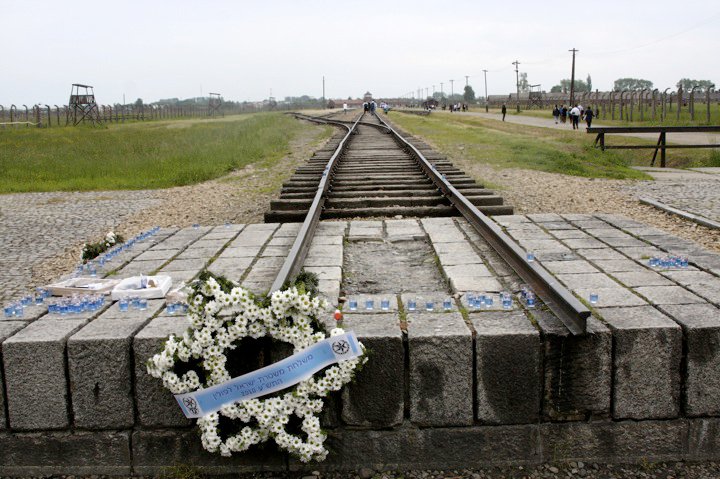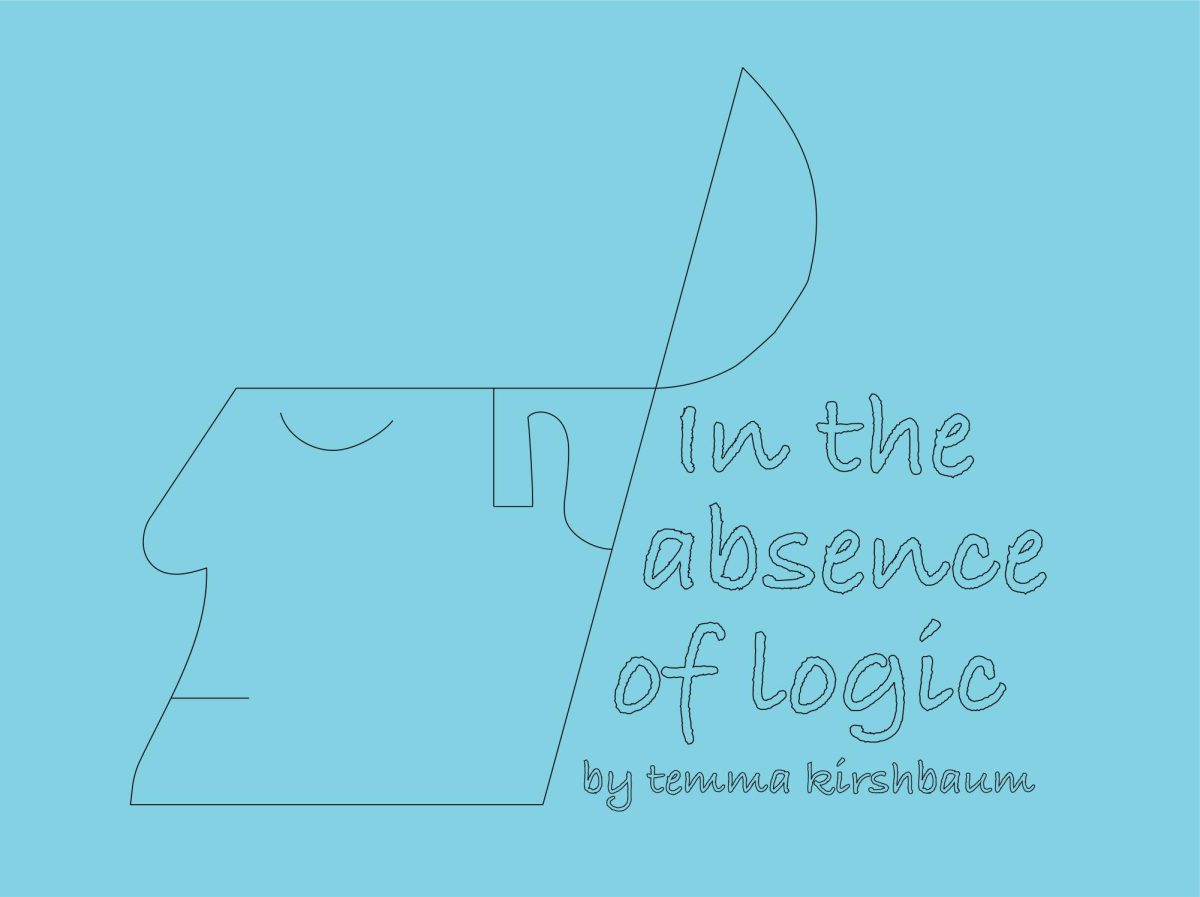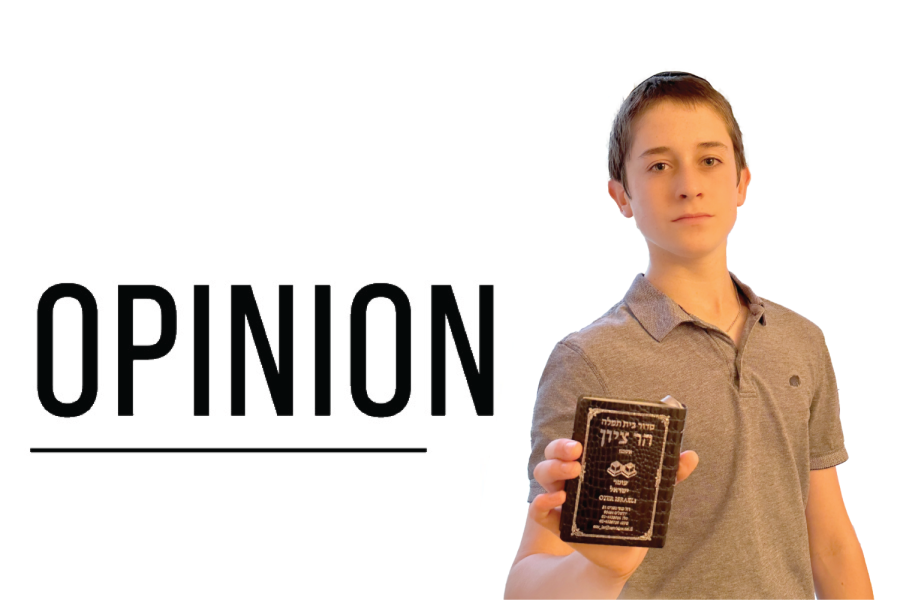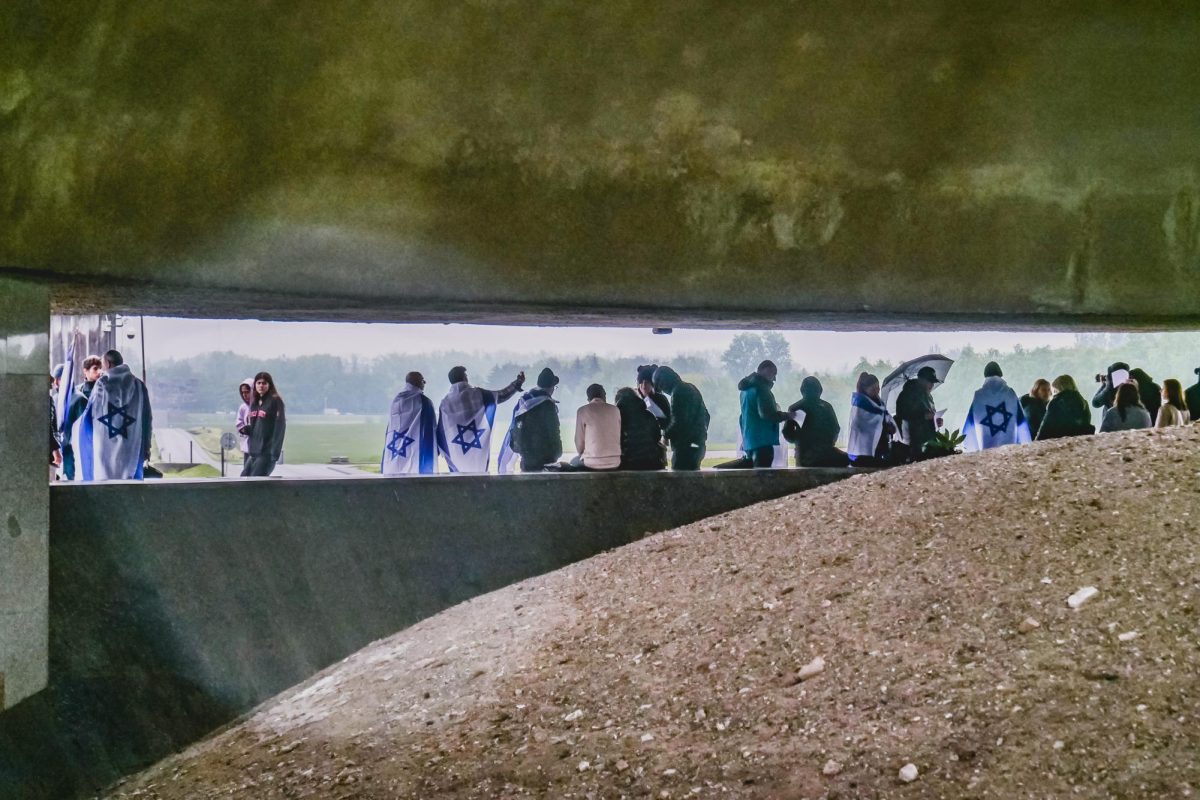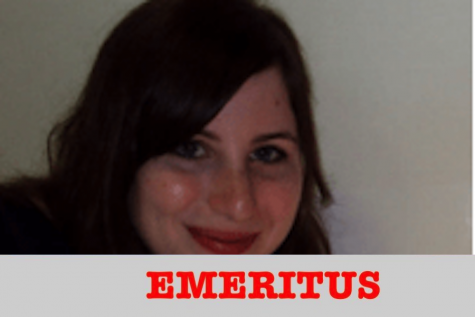I half-expected Poland to be in black and white, like a blurry, wartime photograph. I also didn’t imagine people there, especially not chain-smoking European hipsters. I didn’t imagine romantic cobblestone streets or vast, lush forests or cute ice cream stands. I didn’t expect such a booming tourist industry either, where little carts advertise Poland’s attractions in a bright font: “Ghettos – Auschwitz – Jewish Quarter.”
My pre-conceived notions of Poland were clearly mistaken, though, as were my predictions on how I’d react to this important and much-hyped trip.
I didn’t cry, not once. That’s usually the second thing people asked me upon my return (superceded only by the unanswerable and inappropriate “So, how was it?”). I didn’t cry at Auschwitz or Majdanek or Plashov. Plashov, where much of Schindler’s List takes place, is actually now a beautiful park with only a huge stone monument to remember the horrors that took place there.
On the day we went to Plashov, a young mother was having a picnic with her child and the sun was shining brightly. I remember hoping that it would rain.
Before we left on the trip, we were properly prepped on the rush of emotions that would overcome us when we visited these sights. They assured us that it was okay to bawl openly, that there would be a psychologist on hand, and that what we would see would likely be so haunting that we wouldn’t be able to sleep.
When I didn’t cry at Auschwitz, I felt guilty. It’s not that I wasn’t moved or overwhelmed. In fact, perhaps I was too overwhelmed. I simply couldn’t grasp the concept of where I was or what had happened there. Movies like The Pianist or Schindler’s List seemed more real than actually being at the spots where those atrocities were committed.
In Auschwitz, I saw two tons of human hair, matted clumps of brown and yellow that had been shaved off of the heads of prisoners when they entered the camp. Every tuft belonged to an individual person, but to see it all there together, like lumps of cotton, it seemed so implausible. To use a cliché quite literally, I couldn’t believe what was in front of my eyes.
When I came home and everyone started asking me how “it” was, I was frustrated by the casual way people were asking about my trip – at the Shabbos table while people were carrying on side conversations about the Lakers, when I bumped into someone at shul in the line to get water, at the mall – as if asking about my trip to Poland were no different than asking how my family was doing or what college I was going to.
More than that, I felt frustrated when I couldn’t find the right words, even when someone asked seriously and earnestly about my trip in an ‘appropriate’ setting. “So, how was it?”
What can I say? I don’t even know how to answer that question for myself, let alone explain it to someone else or write an enlightening article about it for the public.
My trip was so much more than whether I’d cried or not cried. It was an intensely affecting, thought-provoking, draining journey. It was significant in ways I don’t yet fully understand, and personal in ways that other people can’t really understand.
If you’ve ever experienced something weighty and powerful and challenging, you know the difficulty of describing it to others. It’s the reason we have music, and art, and poetry, and journals. Often, poems don’t really make sense, but still give you a certain unshakeable feeling or paint a vivid picture. We need these things because they allow us to do just that — to communicate or shape our feelings in a way that transcends mere words.
It’s the reason why ma’agal hakshava, listening circles, don’t always work. It’s the reason why it took me so long to write this article, and the reason why I just shrug and say “I’m not really sure how to answer that question” when people ask me about my trip.
“So, how was it?” I think we should all visit Poland at least once in our lives. There are some things that must be seen and felt and experienced – things too complicated and uncomfortable and sad and confusing and maddening and personal to be confined to a classroom or a circle time or an article.
If you’ve already gone, hopefully you know what I mean and if you haven’t, when you return, hopefully you’ll understand.

